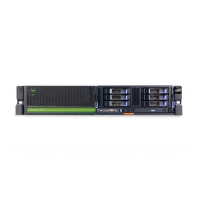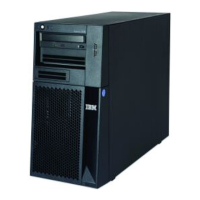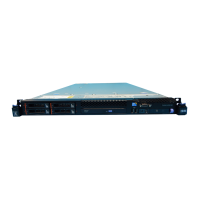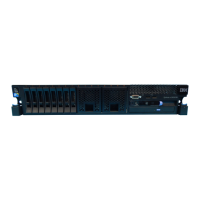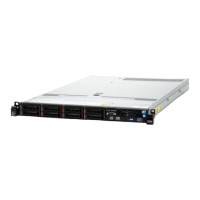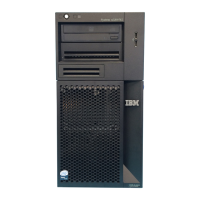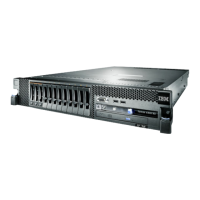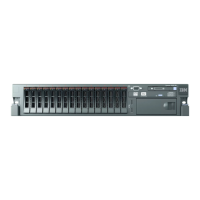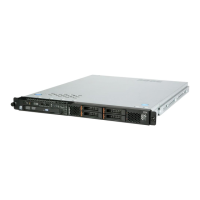TCP/IP Connectivity Utilities (5722-TC1)
554 iSeries Handbook
– Increased reliability through the use of multiple lines. If a line fails, the link is
maintained as long as one line in the MP bundle remains operational.
– The ability to dynamically add and remove lines from a bundle allows bandwidth to be
supplied as needed, making more efficient use of the bandwidth available.
Application Programming Interfaces (APIs): SOCKETS and RPC
Many times an enterprise has unique interoperability requirements for its private networks.
The enterprise must provide its own applications to fulfill these unique requirements. iSeries
provides programming interfaces to accomplish this. The Sockets API allows distributed
applications to exchange data locally and over networks. Both connection-oriented and
connectionless communications are supported by the Sockets API. In addition to IP, you use
the Sockets API to write applications that communicate over Internetwork Packet Exchange
(IPX) protocols directly.
Also, available to distributed application developers is the Remote Program Call (RPC)
interface. This approach views remote applications essentially as callable programs. In
addition, both Java and Lotus Domino provide various programming options for implementing
distributed applications over TCP/IP networks.
Sockets and SSL Support
Sockets programming uses the socket application program interface (API) to establish
communication links between remote and local processes. The sockets API is located in the
communications model between the application and the transport layers. The sockets API
allows applications to interface with the transport or networking layers on the typical
communications model. It is shipped as part of OS/400. The sockets API is part of the open
environment on the iSeries server. The sockets API, along with the Integrated File System,
eases the effort that is required to move UNIX applications to iSeries servers.
Asynchronous I/O Completion Port Support and APIs for OS/400 Sockets
TCP/IP includes support for Asynchronous I/O Completion Ports (Async IOCP) as part of the
OS/400 sockets APIs implementation. These new socket APIs provide scalable, efficient, and
powerful method for multi-threaded Internet and e-business server applications to process
client data.
With V5R1, OS/400 now also supports Transport Layer Security (TSL). For further
information on TSL, see “Transport Layer Security Support on iSeries (TSL)” on page 556.
Note
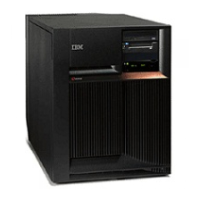
